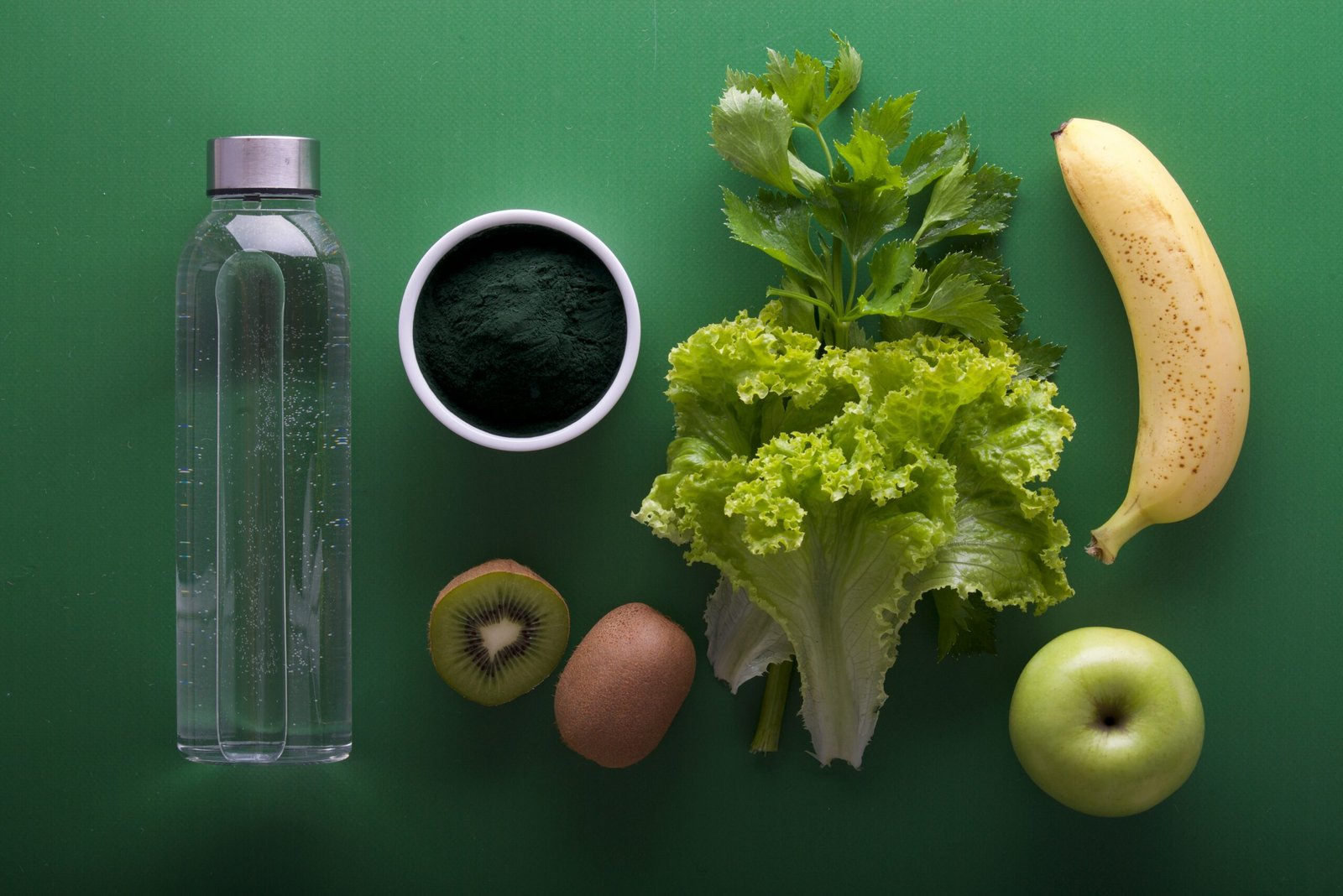Embracing Sustainable Living: The Emerging Lifestyle Trend in Paraguay
The Rise of Sustainability in Paraguay
In recent years, Paraguay has witnessed a significant transformation in its lifestyle, characterized by a growing emphasis on sustainability. This emerging trend reflects a broader environmental consciousness among Paraguayans, as communities increasingly adopt eco-friendly practices in their daily lives. The motivation behind this shift is multi-faceted, combining rising awareness of climate issues, a desire for sustainable development, and deeply rooted cultural values that emphasize the importance of living in harmony with nature.
One of the driving factors contributing to the rise of sustainable living in Paraguay is the increasing awareness of global climate change. As the effects of environmental degradation become more pronounced, many individuals and communities are beginning to understand the importance of protecting their natural resources. This heightened awareness has led to new initiatives and practices that are centered around sustainability, such as community gardens, renewable energy projects, and waste reduction programs. Consequently, Paraguayans are redefining their relationship with the environment, expressing a collective commitment to fostering ecological balance.
In addition to climate awareness, Paraguay’s cultural heritage plays a significant role in this emerging lifestyle trend. Many Paraguayan communities have long been inclined towards practices that respect the land and promote biodiversity. Traditional agricultural methods, for instance, often emphasize the sustainable use of local resources and encourage the preservation of native flora and fauna. By integrating these cultural values into contemporary sustainability efforts, Paraguayans are recognizing the importance of maintaining their ecological heritage while simultaneously addressing modern environmental challenges.
As sustainable living becomes increasingly integrated into the fabric of Paraguayan society, it is clear that the motivations behind this shift are deeply rooted in both awareness of anthropogenic climate issues and a respect for the environment derived from cultural traditions. This confluence of factors positions Paraguay as an emerging leader in the sustainable lifestyle movement in South America.
Local Initiatives and Community Efforts
In Paraguay, a growing number of local initiatives and community efforts are paving the way for sustainable living, reflecting the nation’s commitment to environmental preservation and social collaboration. Grassroots movements are increasingly mobilizing to promote sustainability at the community level, emphasizing the importance of both individual actions and collective endeavors. One notable example is the establishment of community gardens throughout urban and rural areas, where residents come together to cultivate organic produce. These gardens not only provide fresh vegetables and fruits but also foster a sense of community, educational opportunities, and a deeper understanding of the ecosystems that support them.
Alongside community gardens, various recycling programs have been initiated, aiming to reduce waste and raise awareness about environmental impact. Local organizations are working to educate citizens on proper waste segregation and recycling practices, with many partnering with schools and neighborhoods to ensure widespread participation. The impact of these initiatives can be seen in increased community engagement and a gradual shift towards a culture of sustainability.
Eco-friendly businesses are also gaining traction within Paraguay, with entrepreneurs focusing on sustainable products and practices. These businesses range from organic food brands to eco-conscious clothing lines, thereby championing a lifestyle centered around responsible consumption. Additionally, several organizations advocate for conservation efforts in natural habitats, striving to protect Paraguay’s rich biodiversity. Some initiatives include reforestation projects and wildlife conservation programs, emphasizing the importance of maintaining ecological balance. These local efforts highlight how Paraguayan communities are embracing sustainable living through proactive measures, ultimately laying the groundwork for a more environmentally responsible future.
The Role of Paraguay’s Natural Resources
Paraguay, often regarded as the heart of South America, boasts an impressive array of natural resources that are pivotal to its role in the sustainable living movement. The nation is home to lush forests, pristine rivers, and diverse wildlife, which collectively underscore the importance of biodiversity and environmental preservation. These natural assets not only serve as crucial ecological components but also as significant contributors to the country’s economy and cultural identity.
The preservation of Paraguay’s forests is of paramount importance, as they act as carbon sinks that mitigate climate change effects. Deforestation poses a significant threat, particularly in areas where agricultural expansion clashes with conservation efforts. Sustainable agricultural practices, which emphasize crop rotation and responsible land use, play a vital role in balancing economic growth with environmental stewardship. By implementing these sustainable practices, Paraguay aims to protect its forests while fostering a thriving agricultural sector that supports local communities.
Rivers, such as the Paraná and the Paraguay river, are lifelines for ecosystems, culture, and commerce. These waterways not only provide water for irrigation and drinking but also serve as vital transportation routes for goods and people. Sustainable management of these river systems ensures that they continue to support both the economy and the diverse species that depend on them. Furthermore, the collaboration between the government and local communities in setting up conservation projects showcases the commitment to maintaining the health of natural resources.
Wildlife in Paraguay is equally critical to the sustainable living framework. The country’s rich fauna contributes to eco-tourism, an increasingly significant sector, which brings economic benefits while promoting environmental awareness. By protecting habitats and supporting wildlife conservation initiatives, Paraguay reinforces its dedication to a sustainable lifestyle that values natural resources as valuable assets for current and future generations. This emphasis on sustainable practices resonates with the emerging lifestyle trend in Paraguay, encouraging a symbiotic relationship between human activity and nature.
Adopting a Sustainable Lifestyle: Tips and Best Practices
As Paraguay continues to embrace sustainable living, individuals can adopt practices that not only benefit the environment but also enhance their quality of life. Implementing a sustainable lifestyle begins with small, actionable steps that lead to significant change over time. Here are some practical tips for integrating sustainability into daily life.
One of the foremost actions individuals can take is reducing waste. This can be achieved by employing the principles of the three R’s: Reduce, Reuse, and Recycle. Begin by minimizing single-use plastics; consider investing in reusable items such as water bottles, shopping bags, and food containers. Additionally, composting organic waste enables one to reduce landfill contributions while creating nutrient-rich soil for gardening.
Energy conservation is another critical aspect of sustainable living. Homeowners can lower their energy consumption by utilizing energy-efficient appliances and implementing simple habits like turning off lights when not in use, adjusting thermostats, and utilizing natural daylight. Exploring alternative energy sources, such as solar panels, is also becoming increasingly favorable within the Paraguayan context.
Supporting local economies plays a significant role in fostering sustainability. When purchasing food or products, prioritize local farmers and artisans. This not only reduces carbon footprints associated with transportation but also strengthens community ties and promotes local craftsmanship. Engaging in local farmer markets not only provides access to fresh produce but also nurtures a connection with the sources of your food.
Lastly, making eco-conscious choices extends to one’s diet. Incorporating more plant-based meals into one’s diet can significantly reduce water and energy usage. Paraguay is known for its diverse agriculture; thus, exploring local food options can enhance diet quality while supporting local farming practices.
By implementing these tips and prioritizing sustainability in daily choices, individuals can contribute positively to a more sustainable future for Paraguay and the planet.









